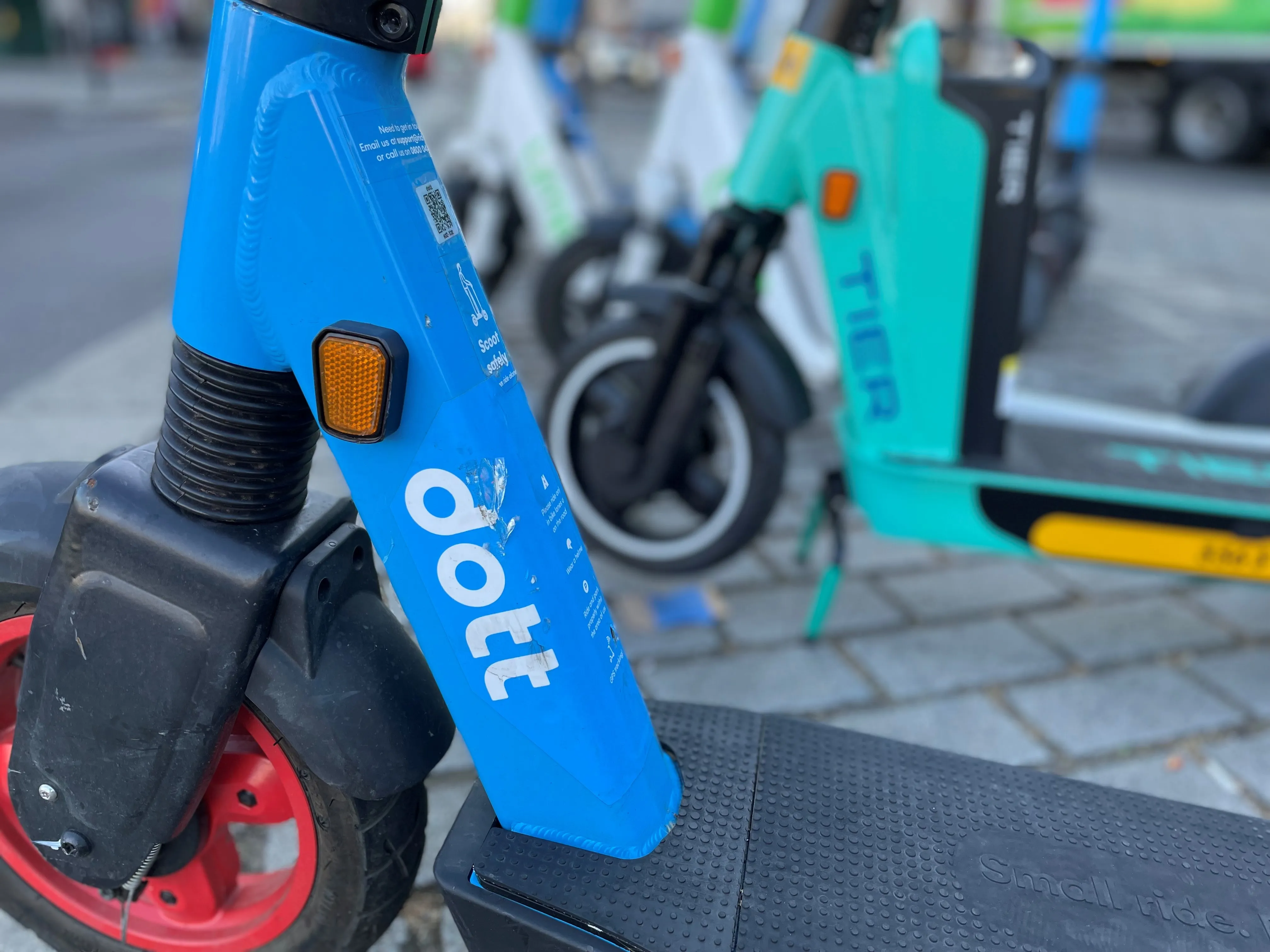BSD City is an urban planning scheme which combines housing, business and commercial property over approximately 6,000 hectares.
Grab is to provide smart mobility solutions, support small and medium enterprises and encourage technological development.
Michael Widjaja, group CEO of Sinar Mas Land, says the company is developing an integrated transportation system and developing technology to complement public facilities.
“Building public facilities is very important to ensure a healthy lifestyle and better mobility for the community,” Widjaja adds.
As part of the deal, Grab will build an innovation and engineering lab to create an organised transportation system through plans which include:
• Piloting mobility sharing solutions
• Testing personal mobility devices which can be a means of personal transportation at affordable cost
• Running the mapping method to make it easier for passengers to determine pickup and delivery points more accurately
Additionally, Grab will host its Grab Ventures acceleration programme, an initiative which provides start-ups with training and mentoring sessions to improve their business.
Grab enters smart city agreement with Sinar Mas Land in Indonesia
Grab has partnered in Indonesia with property developer Sinar Mas Land to strengthen BSD (Bumi Serpong Damai) City’s position as an integrated smart digital city.
BSD City is an urban planning scheme which combines housing, business and commercial property over approximately 6,000 hectares.
Grab is to provide smart mobility solutions, support small and medium enterprises and encourage technological development.
Michael Widjaja, group CEO of Sinar Mas Land, says the company is developing an integr
March 12, 2019
Read time: 2 mins
Grab has partnered in Indonesia with property developer Sinar Mas Land to strengthen BSD (Bumi Serpong Damai) City’s position as an integrated smart digital city.
Related Content











